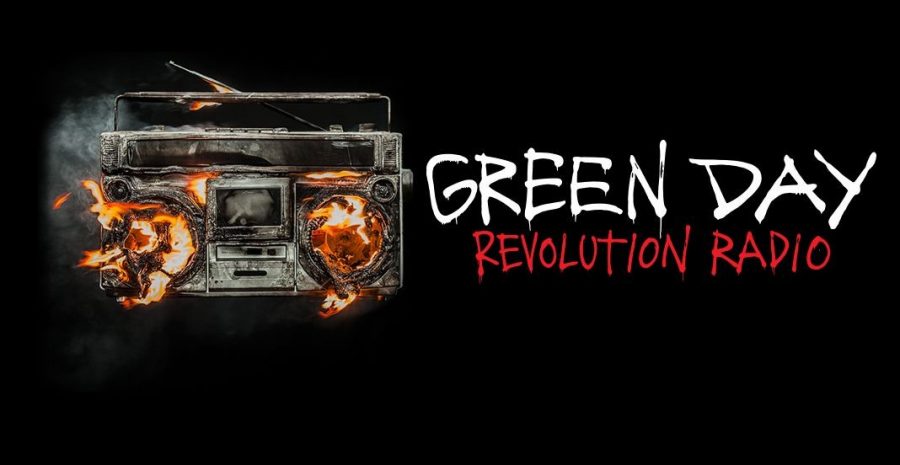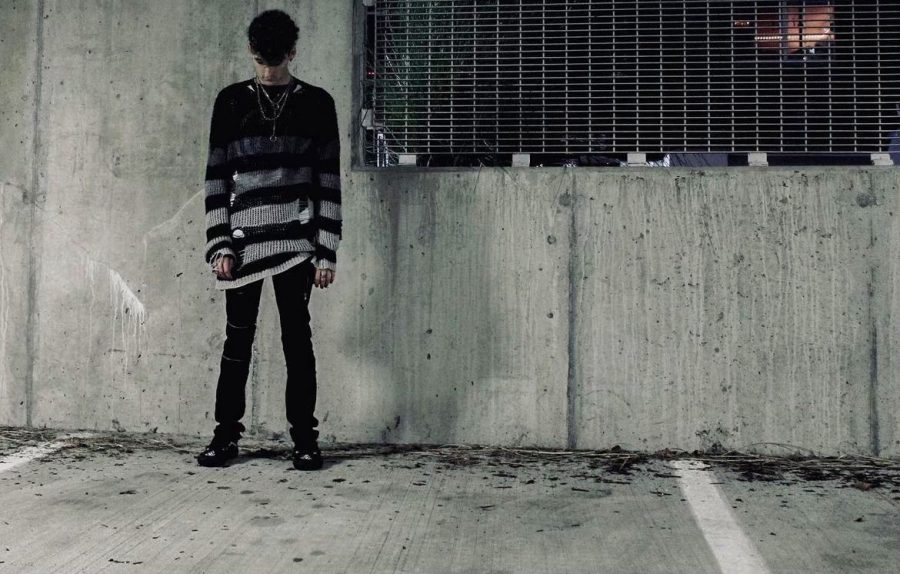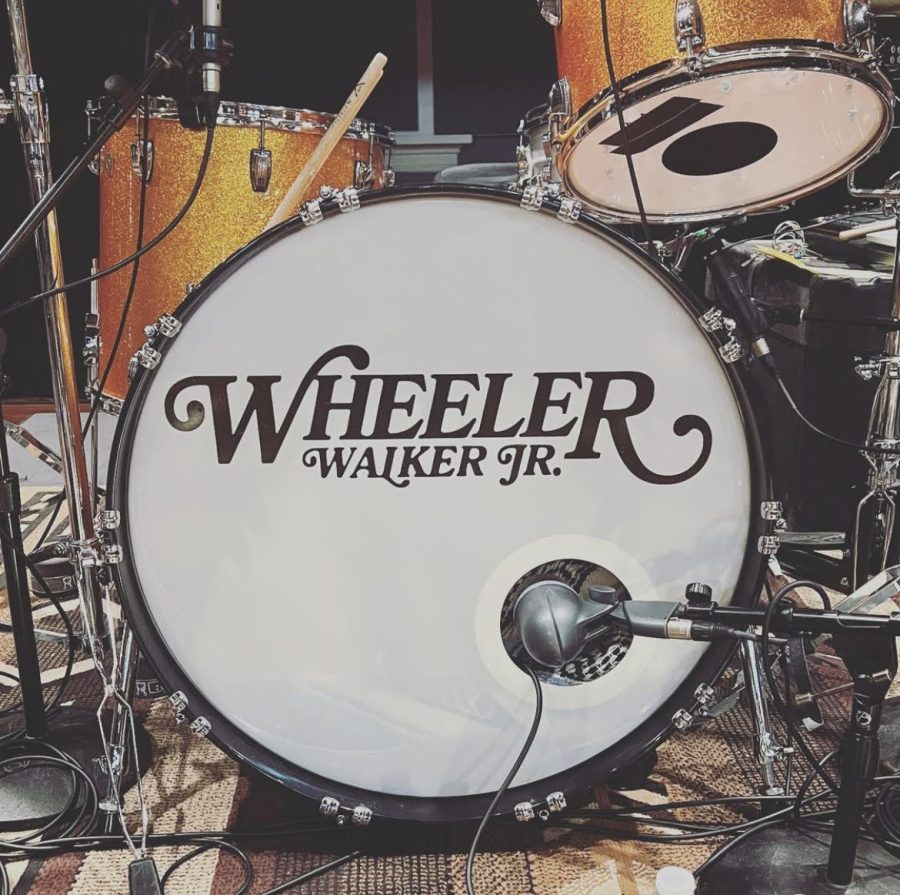This weekend marked the release of Green Day’s first new album, Revolution Radio, in nearly four years since their last triple albums ¡Uno!, ¡Dos! and ¡Tré! in 2012. This trio of albums received mixed reception, as many saw it as not nearly as good as one would have hoped.
Lead singer Billie Joe Armstrong described those records as having “absolutely no direction to them” in an interview with Q Magazine. “It was about being prolific for the sake of it. So we were just going and going.”
He described their newest release as “not so much a makeover as a make-under: a self-produced set fueled by little more than tons of coffee… It’s inspired by confusion and just trying to make some sense of where you stand in the world there’s a lot of chaos going on.”
He continued, “That’s a big theme through all of Green Day’s history – feeling lost.”
Revolution Radio, true to title, is full of unrest and sociopolitical despair. Lead single “Bang Bang” sets the tone, with a caustic consideration of the fame-hungry psychosis of a mass shooter. On the disillusioned opener, “Somewhere Now,” and the sweetly strummed closer, “Ordinary World,” Green Day seeks peace after several years of turmoil. In between, there is not a lot of peace, but plenty of sharp hooks.
There are no great departures stylistically; as always, radio-friendly, melodic punk predominates. The difference this time is that the choruses are punchier, and the lyrics more focused than previous releases. It all makes for their most coherent album since 2004’s American Idiot.
Armstrong’s lyrics are colored by his struggles with addiction and fears about our future. “If this is what you call the good life / I want a better way to die,” he rants over the fierce mosh-pit bounce of “Forever Now,” before demanding a revolution on his radio as the song lifts towards triumph.
Overall, Revolution Radio is their most focused work in years, with every song on it having something unique about it; feeling fresh and mature. Its thematic nature allows the members of Green Day to reflect on their discontent with time catching up with them, as well as being a major step for their future artistic endeavors.











